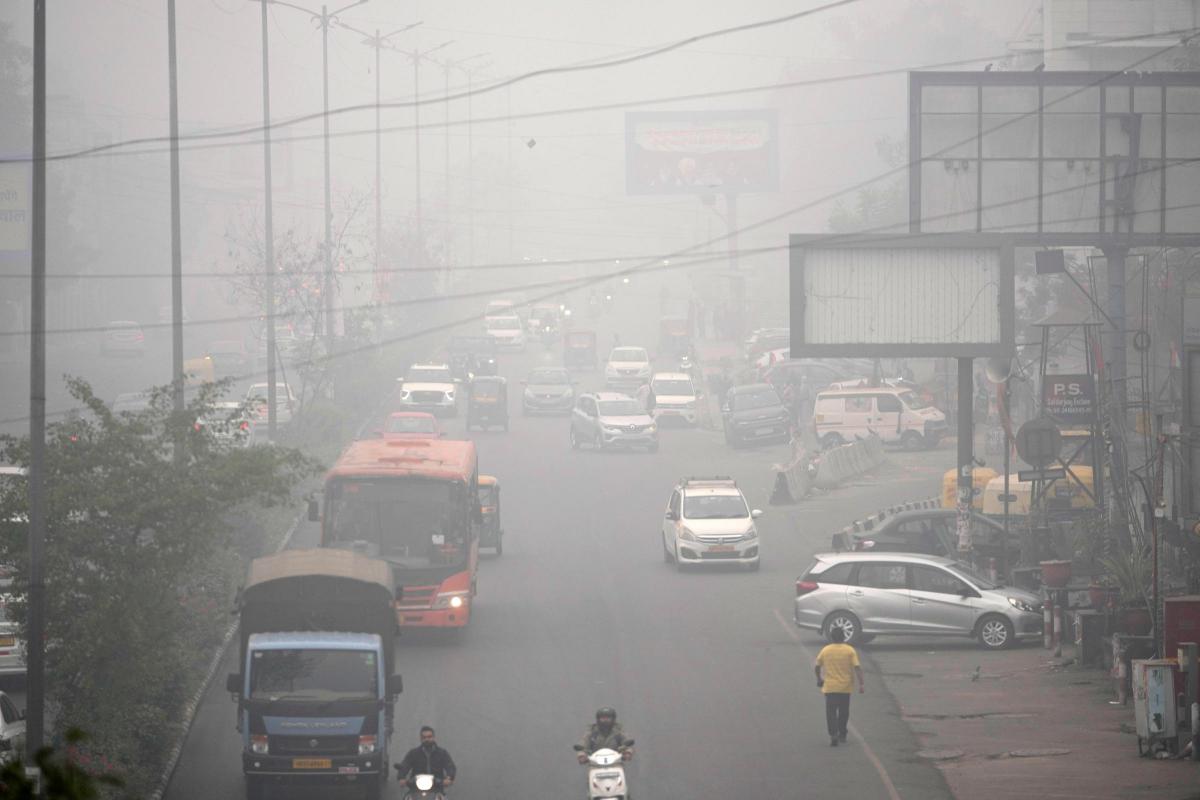WHO Declares Mpox a Global Public Health Emergency
The World Health Organization (WHO) has declared mpox a
Public Health Emergency of International Concern (PHEIC), its highest alert
level, due to a new variant of the virus spreading in Africa. This marks the
second time in two years that such an alert has been issued for mpox.
The declaration follows a significant outbreak in the
Democratic Republic of Congo (DRC), which has extended to neighboring
countries. WHO Director-General Tedros Adhanom Ghebreyesus announced the
decision after consulting the organization’s emergency committee. "This is
something that should concern us all," Tedros stated, emphasizing WHO’s
commitment to coordinating a global response to prevent further transmission, treat
those infected, and save lives.
The PHEIC designation can expedite research, funding, and
international public health measures, triggering global emergency responses
under the legally binding International Health Regulations. Mpox typically
spreads through close contact and, while usually mild, can be fatal in rare
instances. Symptoms include flu-like signs and pus-filled lesions on the body.
The current outbreak began with the clade I strain in the
DRC, but a new variant, clade Ib, appears to be spreading more rapidly. This
variant has been detected in Burundi, Kenya, Rwanda, and Uganda.
Earlier, Africa’s top public health body also declared an
mpox emergency for the continent, citing an alarming increase in cases. Over
17,000 suspected mpox cases and 517 deaths have been reported across Africa
this year, representing a 160% increase compared to the same period last year,
according to the Africa Centres for Disease Control and Prevention.










.jpg)